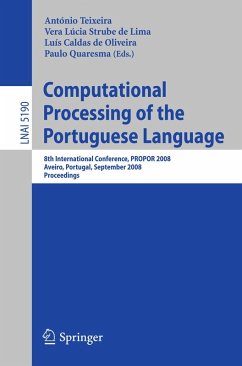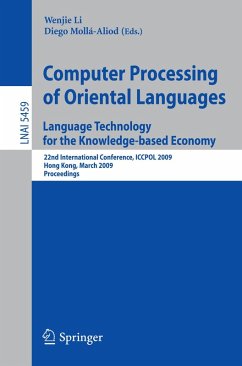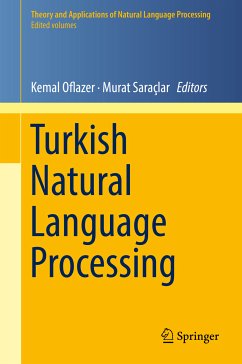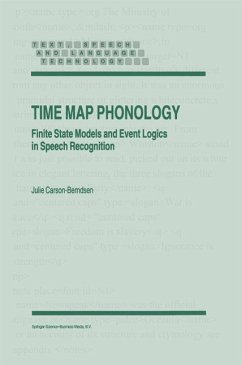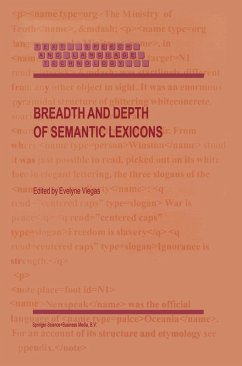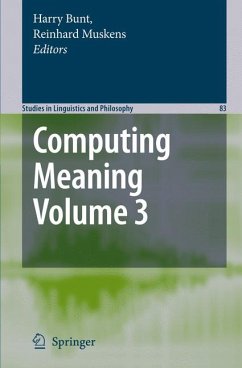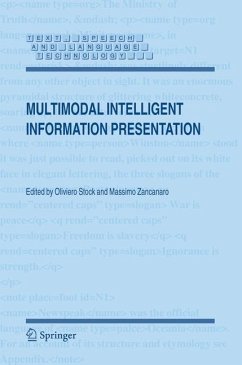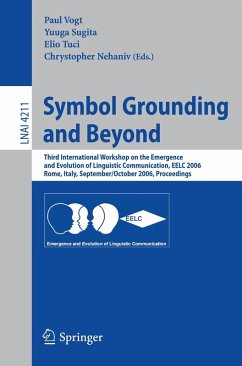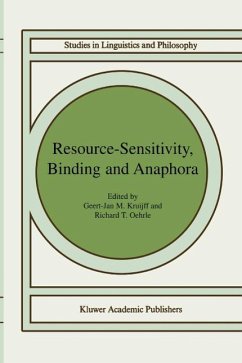
Current Issues in Computational Linguistics: In Honour of Don Walker (eBook, PDF)
Versandkostenfrei!
Sofort per Download lieferbar
72,95 €
inkl. MwSt.
Weitere Ausgaben:

PAYBACK Punkte
36 °P sammeln!
With this volume in honour of Don Walker, Linguistica Computazionale con tinues the series of special issues dedicated to outstanding personalities who have made a significant contribution to the progress of our discipline and maintained a special collaborative relationship with our Institute in Pisa. I take the liberty of quoting in this preface some of the initiatives Pisa and Don Walker have jointly promoted and developed during our collaboration, because I think that they might serve to illustrate some outstanding features of Don's personality, in particular his capacity for identifying ar...
With this volume in honour of Don Walker, Linguistica Computazionale con tinues the series of special issues dedicated to outstanding personalities who have made a significant contribution to the progress of our discipline and maintained a special collaborative relationship with our Institute in Pisa. I take the liberty of quoting in this preface some of the initiatives Pisa and Don Walker have jointly promoted and developed during our collaboration, because I think that they might serve to illustrate some outstanding features of Don's personality, in particular his capacity for identifying areas of potential convergence among the different scientific communities within our field and establishing concrete forms of coop eration. These initiatives also testify to his continuous and untiring work, dedi cated to putting people into contact and opening up communication between them, collecting and disseminating information, knowledge and resources, and creating shareable basic infrastructures needed for progress in our field. Our collaboration began within the Linguistics in Documentation group of the FID and continued in the framework of the !CCL (International Committee for Computational Linguistics). In 1982 this collaboration was strengthened when, at CO LING in Prague, I was invited by Don to join him in the organization of a series of workshops with participants of the various communities interested in the study, development, and use of computational lexica.
Dieser Download kann aus rechtlichen Gründen nur mit Rechnungsadresse in A, B, BG, CY, CZ, D, DK, EW, E, FIN, F, GR, HR, H, IRL, I, LT, L, LR, M, NL, PL, P, R, S, SLO, SK ausgeliefert werden.



